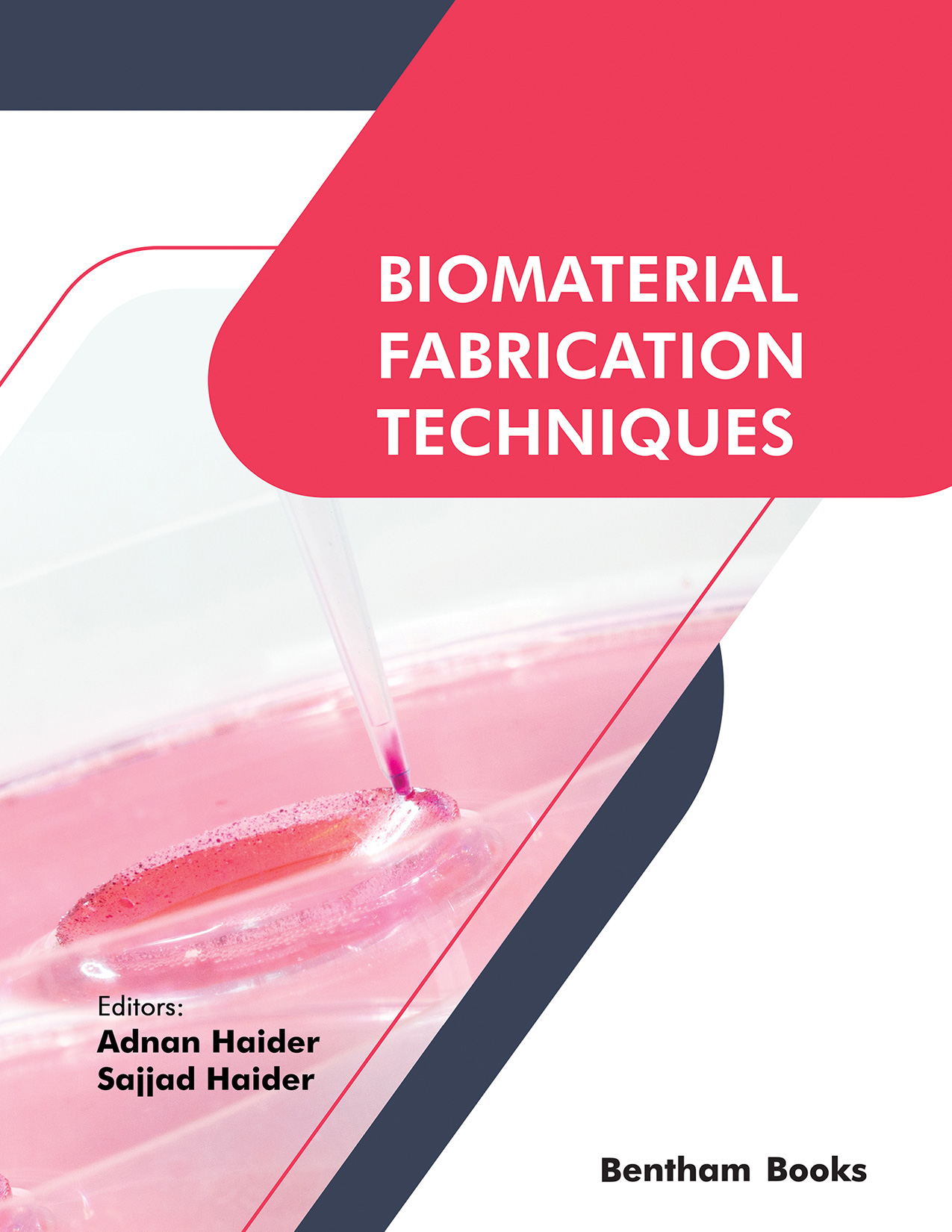Introduction
This reference is a guide to biomaterial fabrication techniques. The book comprises ten chapters introducing the reader to a range of biomaterial synthesis while highlighting biomedical applications. Each chapter presents a review of the topic followed by updated information about relevant core and applied concepts in an easy to understand format. The first two chapters present vital information about biomaterial components, such as polymer nanocomposites and scaffolds, and the strategies used for their fabrication. The proceeding chapters explain the principles of the most widely used fabrication techniques, and their application in detail. These include freeze drying, electrospinning, 3D printing, multiphoton lithography, particulate leaching, supramolecular self assembly, solvent casting and melt molding. The book is an essential primer on biomaterial synthesis for students and early career researchers in the field of biomedical engineering, applied chemistry and tissue engineering.
Audience:
Students and early career researchers involved in biomedical engineering, applied chemistry and tissue engineering.

